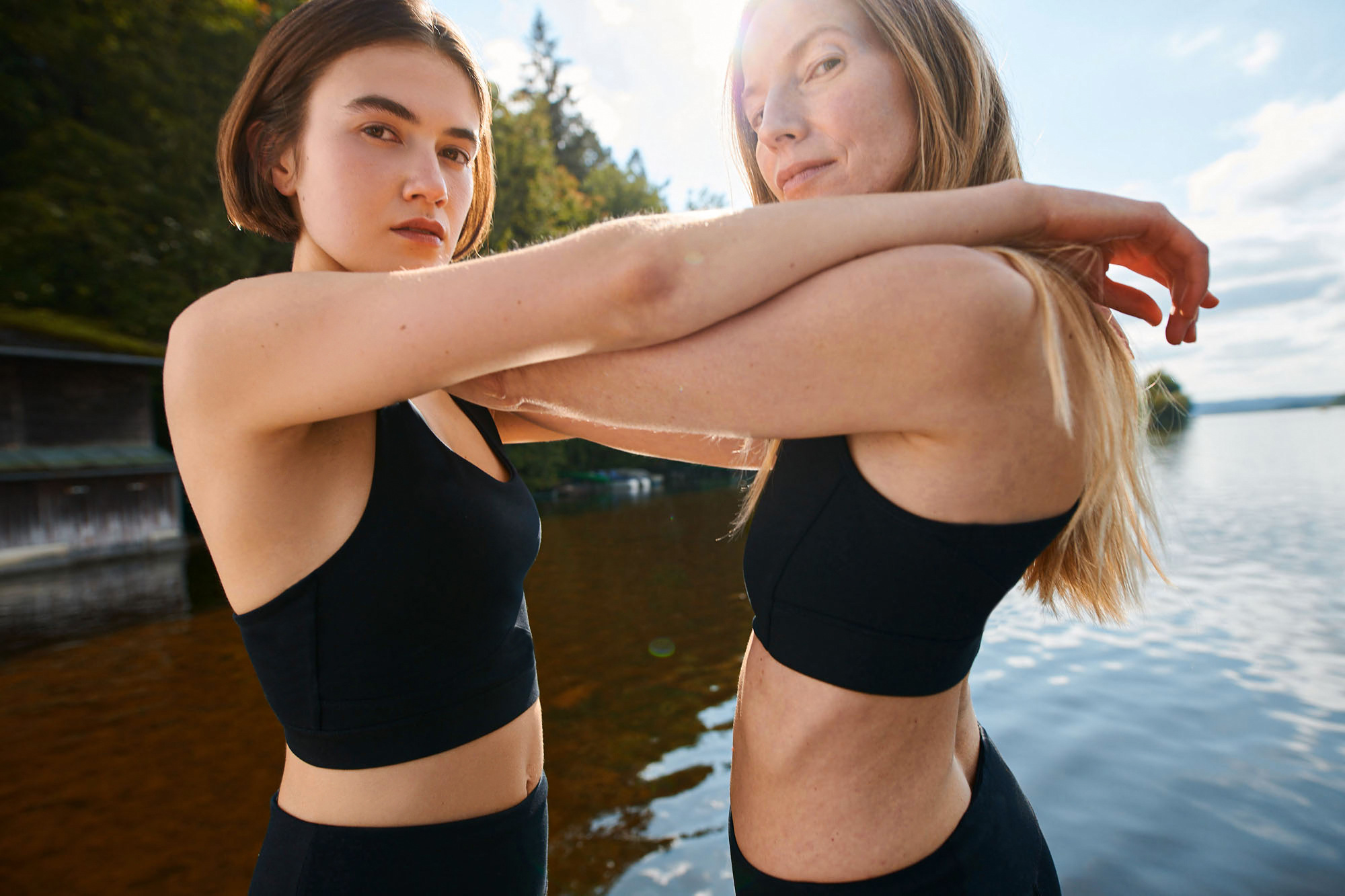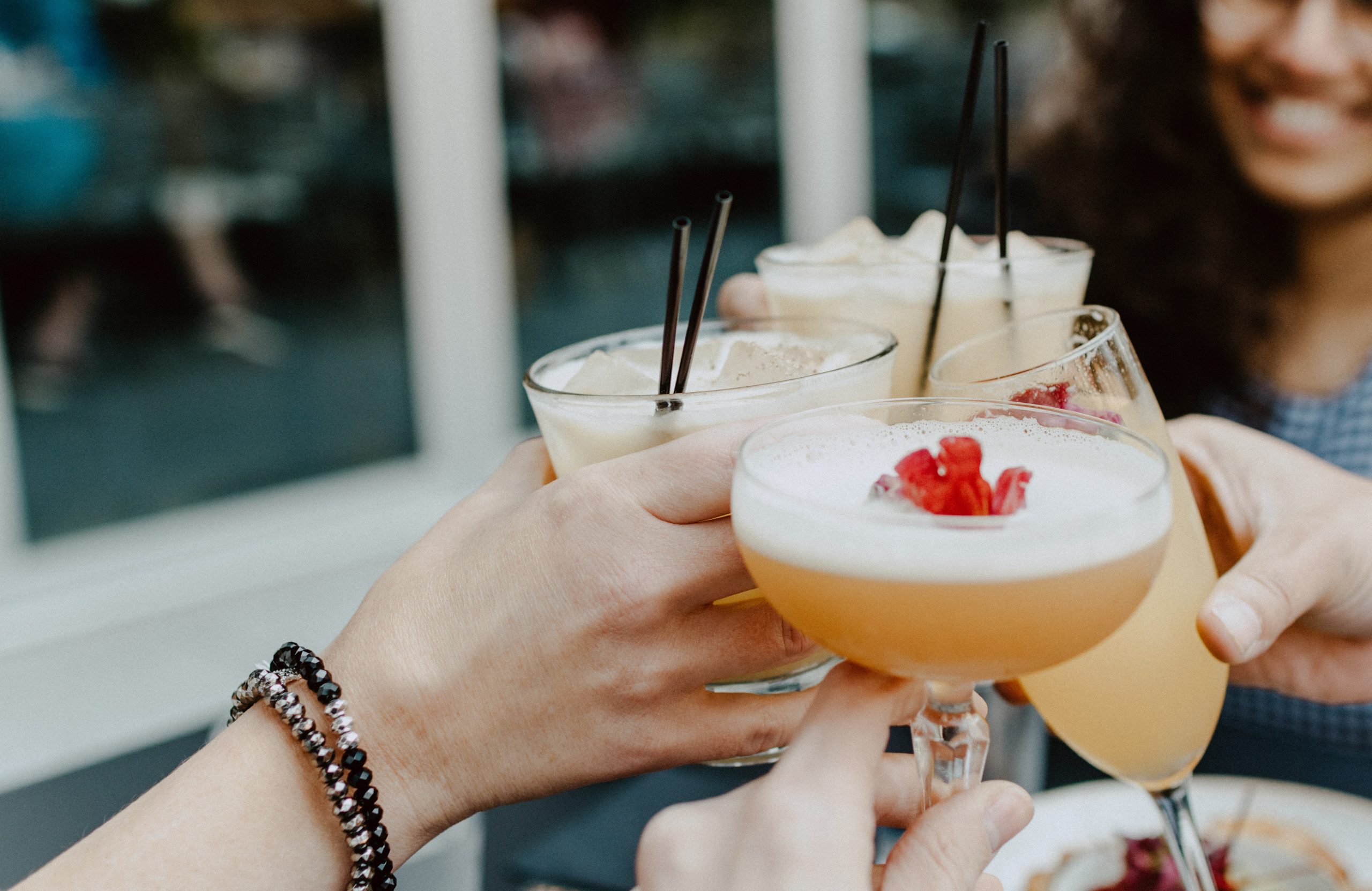Kristal Ambrose, known as Kristal Ocean, is a 32-year-old marine scientist and award-winning environmentalist. She started The Bahamas Plastic Movement in 2013 to educate and inspire young people to take action against plastic waste. She’s engaged over 1000 children in beach clean-ups and In 2018 her youth delegation successfully petitioned for single-use plastic to be banned in the Bahamas.
Kristal was awarded the 2020 Goldman Environmental Prize for her work with the Bahamas Plastic Movement. She took time out from her PhD studies to talk to us at FRANK.
Kristal, would you describe yourself first as a scientist or an activist?
Kristal Ocean: I’m a scientist, educator, communicator, researcher and community organiser. I sit at the interface of all those things. At The Bahamas Plastic Movement, we bridge the gap between community and science.
You’re in Sweden now. That must be very different to being in the Bahamas!
Kristal Ocean: Yes, I’m in Malmö studying at the World Maritime University in Sweden. It’s actually been a smooth transition for me. I used to live in Norway and I also studied in Canada (for a Master’s degree in Marine Management) as well as colder parts of the US so the climate wasn’t that big of an adjustment!
Tell us more about the PhD you’re studying.
Kristal Ocean: It’s very specific. It’s part of the Closing the Circle Program at the World Maritime University, Marine debris: Threats and Solutions for the Eastern Caribbean Region.
My research is looking at the management of marine debris in relation to the small islands and developing states in the Caribbean. I’m looking at how we can coordinate and unify our monitoring strategies for marine debris on beaches, how can we create data that is comparable, so we can use it to drive policy.
What started you on this journey to understand the impact of ocean plastics. In 2012 you went to the Pacific to see the Western Garbage Patch, didn’t you?
Kristal Ocean: Well, I’ve been in the field of marine science for the last 14 years, so it’s been my whole career basically.
Since 2012 I’ve been focused on marine debris and plastic pollution. It was after that expedition to the Western Garbage Patch and seeing at first hand the impact of plastic pollution on the ocean, and such a remote part of the ocean, that triggered me to get started on this movement back home.
I realised that Bahamians weren’t solely responsible for a lot of the waste that was ending up on our beaches. A lot of it was washing up on our shores from ocean currents and so on. Then there were the things we were doing as a nation, such as using single-use plastics. But the biggest issue was that no one knew about it. I never knew about it! I didn’t know the impact of plastic on the ocean. So getting the conversation started was really important, connecting people to the science and to the issue.
Why is ocean plastic such an issue for the Bahamas, and the Caribbean in general?
Kristal Ocean: Firstly, it’s the geography of the Bahamas and other Caribbean islands being situated in the Atlantic Ocean. There are a lot of ocean currents that bring debris.
Then waste management is a big problem. We have over 700 islands and around 28-30 are inhabited. On each island outside of Nassau, you have small dumps in every settlement, there are just open pits burning waste. They are not proper landfills, no lining, everything is burnt. That air goes straight into the community, presenting public health issues such as potential contamination of groundwater, which is very shallow in the Bahamas.
Tourism is also a big issue. The numbers of tourists that come each year are five times the amount of people that actually live here. Cruise ships also leave waste behind.
Then there is also climate change, right? Storms are getting stronger and that brings more debris to our shorelines. In 2019 Hurricane Dorian was the worst hurricane to hit the Bahamas and left behind over a billion pounds of waste.
Over 500 kids have now completed your Plastic Pollution Education and Ocean Conservation Summer Camp, which recently received the 2021 Energy Globe National Award. Can you tell us more about it?
Kristal Ocean: Plastic Camp is geared toward transforming the attitudes of Bahamian students regarding the marine environment, by helping them understand their role in protecting it from plastic pollution.
The camp runs tuition-free workshops. Our students come in for 5-6 days and they are immersed in the issue. At the centre of it, they are connected with the fact that they have the power to create solutions, that their voices matter. They are doing research, they are pushing policy. They are doing community outreach. They’re doing art activism and they are finding their voice. They are getting confidence and learning soft skills around teamwork, creativity and the power of self.
Our youngest student was three years old, and they go up to about 17.
Do they take their learning back to their families?
Kristal Ocean: Oh, of course, and that is how it works. Our students go home and I get a string of text messages from parents saying their kids don’t want a plastic straw. One day at camp we made reusable bags out of old t-shirts and one of my friends, her daughter was in the programme, and she said, “What did you do to my child? She took out all the plastic bags and now she is cutting up t-shirts?!”
They go home and plant the seeds. They make that transformation within their families and that spreads into the community. It’s hard to reverse older people’s mindsets so we plant the seeds in the children and they go home and set off change. It’s really beautiful to watch.
A lot of young people, in the UK certainly, are very worried about the environment and suffer from eco-anxiety. Do you address that?
Kristal Ocean: Eco-anxiety is real and we address it in our program. We have conversations about it. For those of us doing this work, it’s a fine line between depression and inspiration. These young people give me hope. They inspire me. We’re reminded that even though there is a lot of things happening in the ocean, there is still so much beauty there and we need to connect with that and use that to fuel our ‘why’.
Tell us how you got single-use plastic banned in the Bahamas.
Kristal Ocean: In 2018 my youth delegation and I successfully petitioned the government of the Bahamas to ban single-use plastic. In 2020 that law came into effect and the ban includes Styrofoam, plastic bags, straws and utensils. That was led by students as young as ten years old.
We brought in a social scientist and she taught us how to create surveys to measure attitude and perceptions so the students went into the community and they interviewed people. We brought in a lawyer and she told us all about legislation and about how policy works in the Bahamas. With her help, we were able to actually write a bill. Initially, we agreed to go for the low hanging fruit and start with a bag tax. So we wrote a bill and we took it to the Minister for the Environment. The kids wanted to go in and bang on his desk! We went in singing, “We are the change, we are the solution, we can fix this plastic pollution!” He actually wanted to ban single-use plastic completely. On Earth Day he held a press conference and announced the Bahamas was banning single-use plastic.
And your students are making documentaries too?
Kristal Ocean: Yes, we made our film Plastic Warriors that we stream on our website. Over the summer they made a series called Plastic Warriors Try, which is on our YouTube channel. They challenge the barriers to living zero waste on an island. We have conversations and showcase innovative solutions to how we can tackle this on a small island.
How do you do all this as well as your studies? Are you hooked up with organisations and scientists from other Caribbean islands?
Kristal Ocean: The Bahamas Plastic Movement from the outside looks bigger than it is. It goes with me wherever I go. We run on faith, vision, and support from people who believe in what we are doing. Our motto is slow growth, high impact.
There is a goal that our work can be scaled up. We collaborate with other organisations both locally and internationally. We have a wide reach and we’re able to get things done through partnerships.
Do you have any other projects coming up?
Kristal Ocean: I have a children’s book called Kai and Gaia Discover the Gyre which has just been released last week.
It’s inspired by my journey as an activist. It’s about an ocean-loving young Bahamian girl named Kai (Ocean) who decides to bring an end to ocean plastic pollution after her best friend, a sea turtle named Gaia (Earth), becomes stuck at sea in a trash gyre. As Kai learns about the threats facing her marine friends, she demonstrates the amazing potential of one child to initiate incredible change. Kai and Gaia represent the joining of land and sea and the need to protect both environments.
What is your main message to people in terms of understanding the impact of the plastic they are using?
Kristal Ocean: I always like to refer to this Maya Angelou quote ‘When you know better, do better’. Do the best that you can. I’m very open about the fact that I don’t live a zero-waste lifestyle. There is still plastic in my life, but I control it where I can and that is single-use plastic.
Even though it seems like it’s not even making a dent, if there is a collective global effort to make these small changes every day, a lot of change can occur. So start where you can and do your best.
We live in the era of convenience but it’s not just our fault. Plastic is a billion-dollar industry. It’s a big fight to turn things around but we have to keep fighting. Change is going to come. It has to.
‘Kai and Gaia Discover the Gyre’ can be bought here.
Find out more about The Bahamas Plastic Movement on their website or by following them on Instagram at @bahamasplasticmovement. For regular updates from Kristal Ocean and her work, follow her on Instagram at @kristaloceanspeaks.
Photos: Bahamas Plastic Movement
Other images: Brian Yurasits on Unsplash













